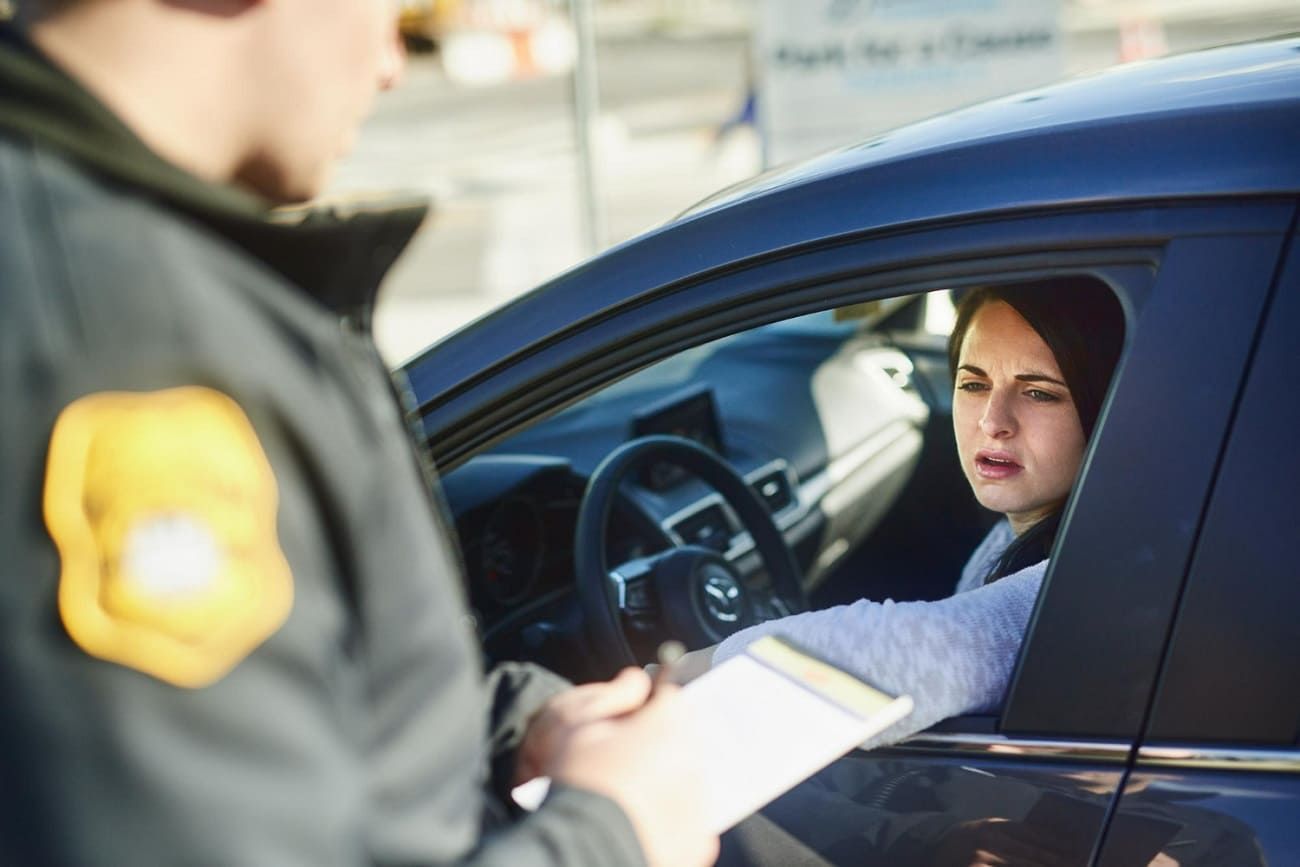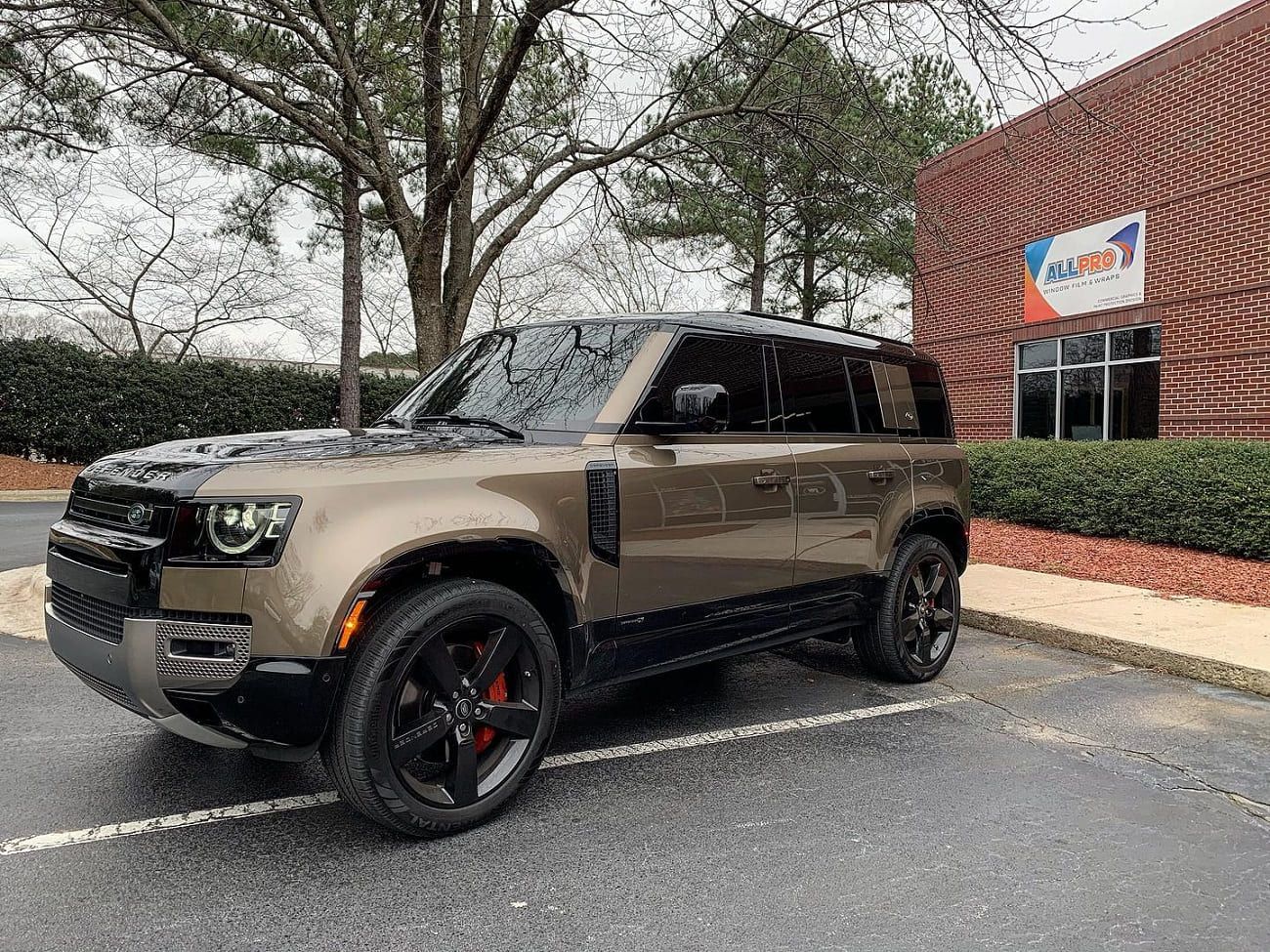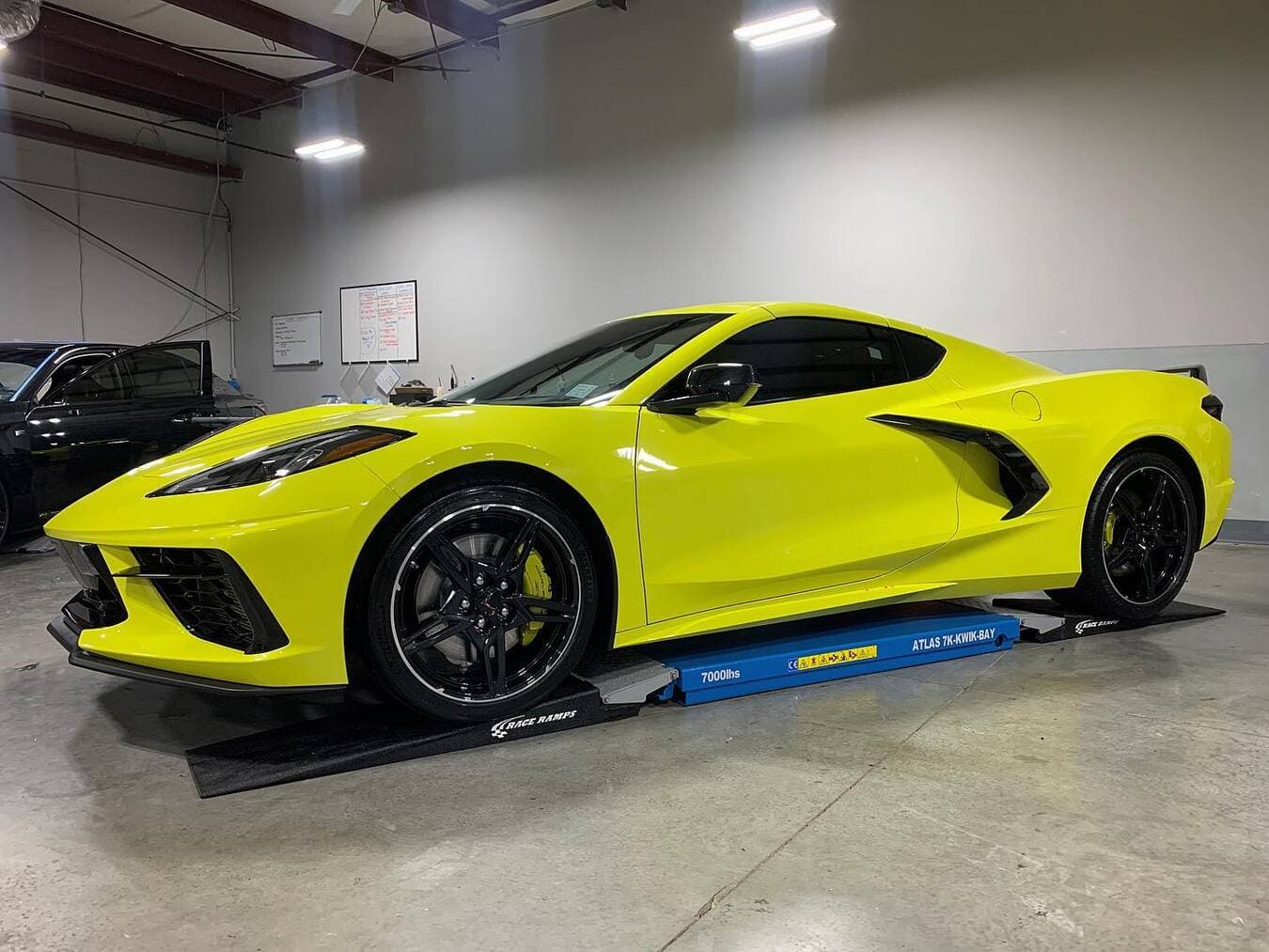NC Window Tint Law: What You Need to Know
Is it legal to tint NC windows? If so, how much? Here's what you need to know about the NC window tint law and how to get started.

Would you like to have auto window tinting done to your vehicle? You'll get the opportunity to enjoy a whole host of benefits when you do.
Tinted windows will stop the sun and its harmful UV rays from working their way into your car, truck, or SUV. This will provide protection for both you and the interior of your vehicle.
Driving with tinted windows will also reduce glare and make it easier for you to see. And of course, you'll make your vehicle look cooler than it does now.
NC window tint law is something that should be on your radar before you begin applying window tint film to car windows, though. The last thing you want to do is break any NC driving laws because of your tint and face fines and other penalties.
Learn more about the NC window tint laws that you'll need to follow below.
NC Window Tint Laws for Passenger Cars
Are you going to be tinting the windows on a passenger car like a coupe, a sedan, a hatchback, or a station wagon? If so, you're going to need to abide by every NC window tint law that has been put into place for passenger cars.
The laws that have been created to govern how dark auto window tinting can be are based on visible light transmission or VLT. VLT is always expressed as a percentage that represents how much light is able to pass through window tinting. The lower the VLT is, the darker the tint on windows is.
Those with passenger cars will be able to have window tint put on their front side, back side, and rear windows. But this tint can only have up to 32% VLT. If the tint has a lower VLT than that, you will be breaking the law.
People who drive passenger cars can also stick window tint on their windshields but it cannot extend more than five inches from the top of them. This is to ensure that people can still see out of their windshields when they're tinted.
Additionally, there are a couple of other restrictions for those tinting the windows on passenger cars. The tint that is used cannot be more than 20% reflective, and it also can't be amber, red, or yellow in terms of color.
NC Window Tint Laws for Multi-Purpose Vehicles
If you're going to be tinting the windows on a pickup truck, a minivan, an SUV, or another large vehicle, the NC window tint law guidelines we just provided won't apply to you. You'll need to follow different rules than the owners of passenger cars do.
In this case, the window tint laws for the front side windows and the windshield will remain the same for multi-purpose vehicle owners. But the laws for the rear side and rear windows will be different. You can tint those windows with any tint that you would like regardless of its VLT.
This will give those with multi-purpose vehicles a little more freedom as far as window tinting is concerned. You should think about taking full advantage of this if you own one of these types of vehicles.
Additional NC Window Tint Laws
At this point, you should be aware of the basic NC window tint laws. But there are a few other laws you should also keep in mind. They'll apply to both passenger car owners and those who own multi-purpose vehicles.
Here are those laws:
- You may not put a tinted cover over your license plate in North Carolina
- You may not tint your headlights in North Carolina
- You may not tint your taillights in North Carolina and will need to keep them their standard colors
As long as you stick to only tinting the windows on your car, truck, or SUV, you should be in good shape. If you try tinting something else, that's when you might break an NC window tint law.

Penalties for Breaking NC Window Tint Laws
If you're ever pulled over for having dark window tint on your vehicle, a police officer will typically take out a special tool used to measure VLT. Within a few seconds, this tint meter can tell an officer if your tint is darker than it should be under NC window tint law.
If your tint is too dark, you will face a fine of $50 or more in most cases. You'll also need to make a court appearance and court fees could send your penalty soaring.
You might also be forced to remove tint from your vehicle right away. This could cost you a pretty penny, too, especially if you decide to remove it and replace it with legal tint.
Exemptions for NC Window Tint Laws
Do you need to have darker window tint put on your car windows due to a medical condition? If so, you won't have to worry about breaking any NC window tint laws when you do it as long as you take the right approach to it.
You will need to reach out to the North Carolina Division of Motor Vehicles’ Medical Review Program. If you're able to get approved for it, they can provide you with a medical exception permit that will enable you to have a darker tint put on your vehicle's windows.
You'll just need to make sure that you put a medical exception sticker in your rear window and reapply for a new medical exception permit every 5 years.
We'll Help You Avoid Breaking Any NC Window Tint Law
If you get caught breaking an NC window tint law, it might end up costing you a small fortune. All Pro Window Films in Raleigh can help you avoid this by using legal window tint film on your vehicle.
Whether you only want to tint a few windows in your vehicle or you want to tint them all, we can get the job done right for you. We'll see to it that your vehicle looks great and is street-legal when you drive it off our lot.
Contact us now to learn more about tinting your car windows through All Pro Window Films.

















